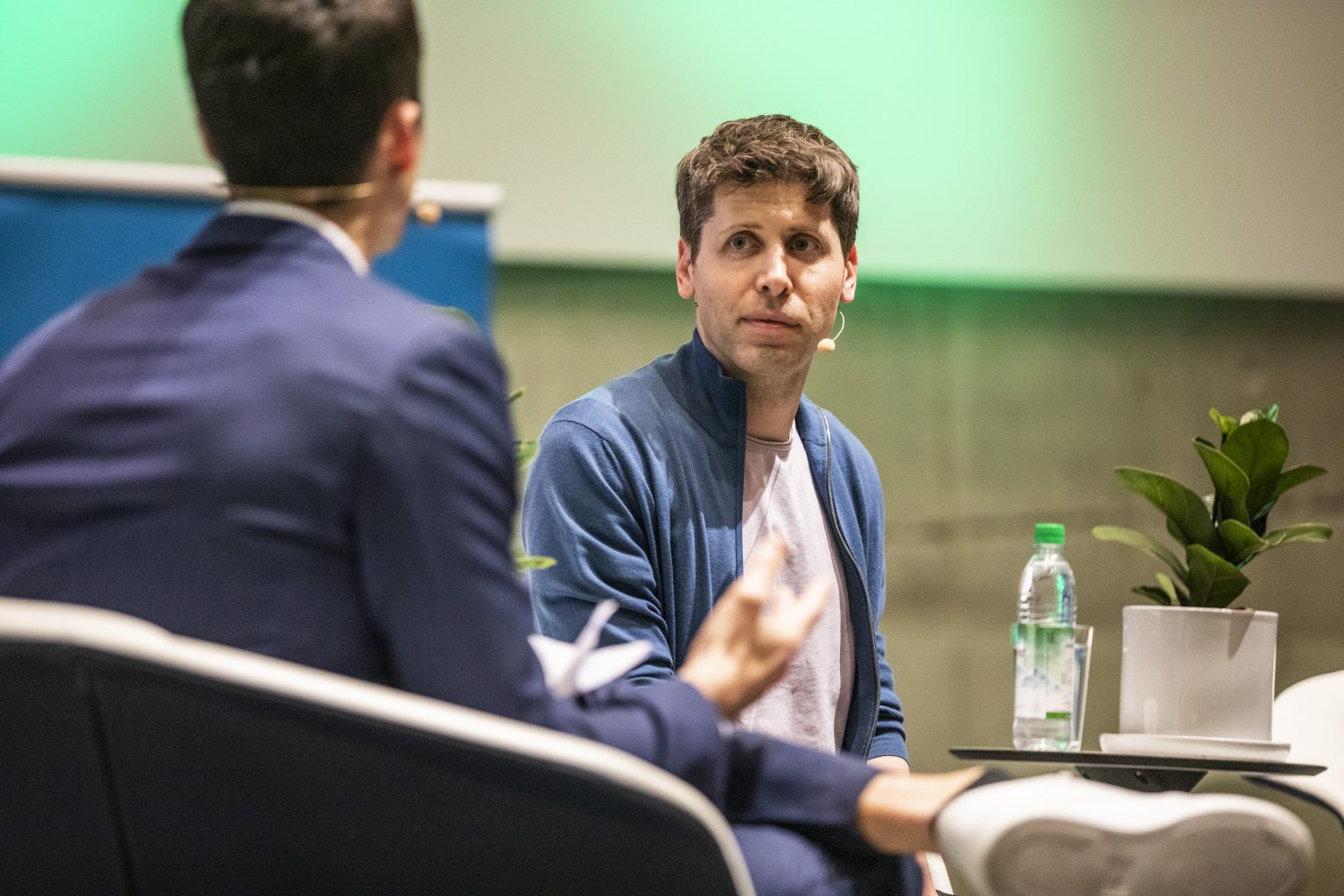- Worldcoin, led by Sam Altman, rebranded as World Network, with a push to increase the adoption of its iris-scanning “orb” device.
- Privacy concerns have led to temporary bans in countries like Spain and Portugal, as the project faces scrutiny over its handling of biometric data.
What happened
In a bold step towards broadening its digital presence, Worldcoin—spearheaded by OpenAI CEO Sam Altman—has rebranded itself as World Network. The ambitious cryptocurrency project has also escalated its efforts to scan individuals’ irises using its distinct “orb” devices. Central to the project is the World ID, which Altman describes as a “digital passport,” designed to confirm a user’s humanity amidst the rise of AI-driven bots. The orb’s biometric scanning technology is marketed as a way to differentiate real people from AI chatbots online, a concept that is gaining increasing importance in a world where the line between human and machine interactions continues to blur.
Also read: OpenAI to remove non-profit control and give Sam Altman equity
Also read Why is there now an ETF for everything? Exploring the rise and diversity of ETFs
At an event in San Francisco, World Network introduced an upgraded version of its orb device, boasting 5G connectivity along with enhanced security features to ease privacy concerns. As privacy issues have previously surfaced, the new orb model aims to mitigate scrutiny by improving how it collects and secures users’ sensitive data. In addition, the company has introduced a variety of methods to make access to the orb more convenient. This includes dedicated retail spaces and a partnership with Latin American delivery service, Rappi, to increase the reach of its iris-scanning devices.
To obtain a World ID, individuals must undergo an in-person iris scan at one of the orb locations. The orb, a silver sphere akin to the size of a bowling ball, scans the iris, verifying the person’s humanity and issuing a World ID as proof. In some countries, individuals who participate in this process are rewarded with WLD cryptocurrency tokens, further incentivising adoption.
Why it’s important
Despite attracting over 6.9 million users since its launch in July 2023, World Network has encountered mounting concerns regarding privacy and data security. Tools for Humanity, the San Francisco and Erlangen, Germany-based company behind World Network, has faced scrutiny from privacy advocates. Several governments, including Spain and Portugal, have imposed temporary bans on the project, while Argentina and the United Kingdom have committed to reviewing the program in the coming months.
World Network’s global expansion plan is evident in its strategic partnership with Rappi, a delivery service operating primarily in Latin America. By making its orb devices more accessible, World Network hopes to bolster its user base while addressing concerns about the technology’s potential for data exploitation. However, privacy campaigners remain wary, particularly in light of the project’s plan to store such sensitive biometric data.
World Network’s rapid adoption—bolstered by Altman’s influence in the tech world—has raised questions about the ethical implications of the data collection, and the fine line between technological innovation and privacy infringement. With regulatory bodies in multiple countries already stepping in, the project’s future success may depend on how it addresses these key issues.

